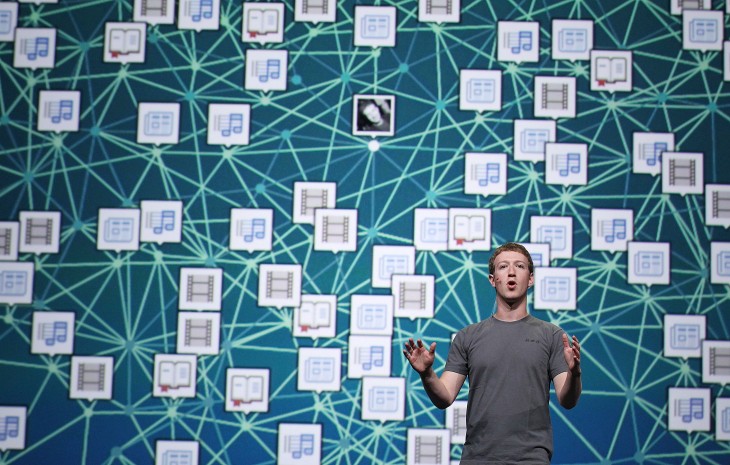Facebook at 10: How it grew from a social network to a social phenomenon
Here’s to the next 5 billion
Throughout all the controversial privacy decisions Facebook has made, the company has remained committed to its mission over the past decade: to connect as many people with one another as possible. Sure, at first it was thought of as a social network, but it has evolved beyond that, possibly seeking to avoid the same unfortunate events that have plagued its predecessors, such as Friendster, a service that wound up being a social gaming site big in Southeast Asia, and MySpace, which wound up becoming Myspace (little “s”) and focused on music.
Today, the company counts more than 1.23 billion monthly active users — this is way more than either of its predecessors have accumulated in their years of popularity. It has found new ways to keep users engaged, whether that’s by bringing its service away from the desktop Web browser experience and to mobile devices (albeit a very rocky process, but ultimately the right decision), the launch of a platform to boost its ecosystem, and the launch new products aimed at bringing brands and consumers together in a social capacity.
But you know what’s cooler than 1 billion users? 5 billion more. This is Zuckerberg’s next goal and he intends on doing that by making the Internet more accessible to more people around the world. While getting users to post their personal and professional content to the social network, Zuckerberg has transformed it into a virtual world of sorts where ideas can have real-world offline consequences. One need only look at the Arab Spring movement in 2011 where protest organizers took to Facebook and Twitter to organize demonstrations and events.

One of Facebook’s main approaches to connecting the next 5 billion people is through its Internet.org initiative, launched in August 2013. The company estimates that nearly two-thirds of the world are without basic Internet access and by helping increase access, more knowledge will be shared. In a video touting Internet.org, Zuckerberg said:
“When I was getting started with Facebook, I could build it because I had access to the Internet and a few basic tools that gave me what I needed to build this for the world. And if we can get to a point where everyone around the world has access to those same tools, then everyone is going to be able to benefit from the innovation and ideas and hard work of billions of people around the world.”
But while undertaking such a global project is commendable, let’s not be mistaken into thinking that there isn’t an ulterior motive for it. The benefit to the company is that more people are able to access Facebook — a win-win for all parties, or so we’re meant to believe.
Nevertheless, Facebook isn’t waiting for Internet.org to move forward full-steam. Instead, it’s been working on architectural solutions for its mobile applications to ensure that they’ll work across various devices, no matter whether users are on a smartphone or feature phone or if they’re on WiFi or have a data plan.
Next: How businesses view social





